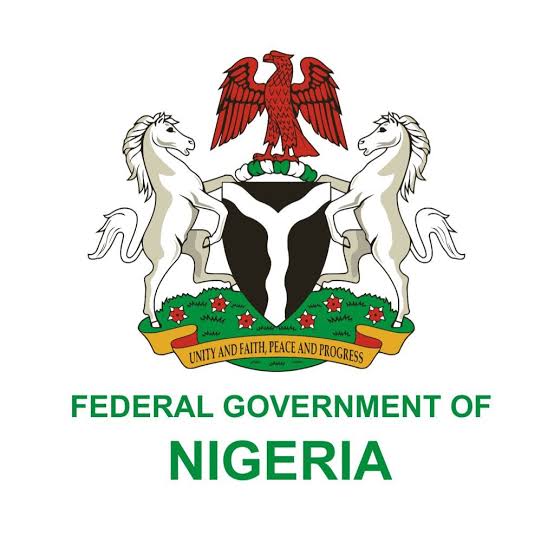The Federal Government has reaffirmed its commitment to the advancement of Chinese language education within Nigeria, citing its growing global relevance and its strategic role in deepening Nigeria-China relations. This endorsement was made public during the celebration of the International Chinese Language Day, held on Friday in Abuja.
Speaking at the event, the Director of Education Support Services at the Federal Ministry of Education, Mrs. Larai Ahmed, emphasized that the Chinese language has become a vital tool in navigating the modern global landscape, especially in the spheres of commerce, diplomacy, education, and cultural exchange. She noted that with more than 1.3 billion native speakers, Mandarin Chinese stands as one of the most widely spoken languages in the world, making proficiency in it a valuable asset for Nigerians.
Ahmed explained that fostering Chinese language education in Nigeria not only facilitates a better understanding of China’s deep-rooted cultural values but also enhances economic cooperation and strengthens bilateral ties between both nations. She highlighted several initiatives already undertaken by the Nigerian government to promote this goal, particularly the establishment of the China Cultural Centre in Abuja, which serves as a hub for Chinese language and cultural education. Similar centres, she noted, have also been set up in various parts of the country to widen access to learning resources.
As part of ongoing efforts, Ahmed disclosed that Nigeria and China have signed a bilateral education agreement aimed at boosting academic exchanges between the two countries. Through this agreement, a number of Nigerian students have been granted opportunities to study in China, immersing themselves in Chinese language and culture.
She further revealed plans to incorporate Chinese language instruction into the curricula of selected secondary schools and tertiary institutions nationwide. According to her, this initiative will help Nigerian students acquire globally relevant skills and improve their international competitiveness, particularly in areas such as trade, technology, and diplomacy.
While commending China’s unwavering support in the area of language education, Ahmed praised the collaboration between both countries in building mutual understanding through educational and cultural partnerships.
Also speaking at the occasion, Mr. Liu Zhanping, Deputy Director of the China Cultural Centre in Nigeria, underscored the importance of language as a fundamental aspect of human identity and a cornerstone of civilization. He highlighted the role of the centre, established in 2013, in teaching Chinese language and culture to a growing number of Nigerians, especially within the Federal Capital Territory.
Liu acknowledged Nigeria’s own rich linguistic heritage, describing Hausa, Igbo, and Yoruba as globally influential languages. He advocated for increased investment in the preservation of indigenous languages while also promoting bilingual and multilingual education as a way to support linguistic diversity and cultural exchange.
The celebration served as a platform to reinforce the role of language in building bridges between nations, with both Nigerian and Chinese representatives expressing optimism about the future of educational cooperation. As global dynamics continue to shift, the Federal Government believes that empowering Nigerian youths with Chinese language skills will open doors to broader international opportunities and foster stronger cross-cultural relations.
